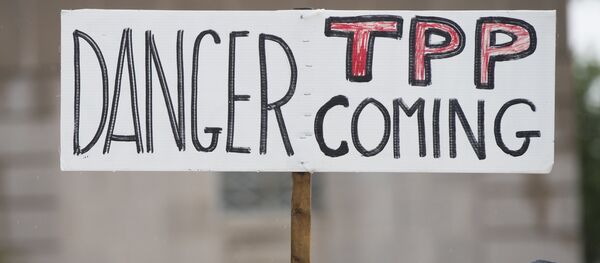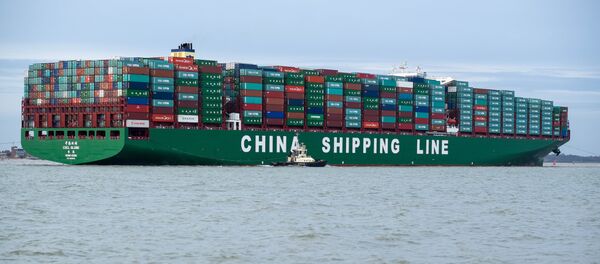Nevertheless, American-Japanese relations aren’t defined solely by the military partnership, as economic ties are just as important, if not more. Japan is one of the largest economies in the world, and it achieved its current success partly due to American support, investment, and trade. The two economies are essentially intertwined to a very large degree, which is why both sides used to be so enthusiastic about concluding the TPP deal. Although Trump recognizes this determinant, all of his policies are founded on the principle of “America First,” and since he believes that the deal would have been a horrible one for American workers and domestic businesses, he canned the proposal and promptly withdrew from it after his inauguration.
Andrew is joined by Shihoko Goto, Senior Associate for Northeast Asia, Asia Program at the Woodrow Wilson Center, and Narendra Bhandari, Professor of Management at Pace University’s Lubin School of Business in New York and author of “Trade Equilibrium: A Multi-Generational Economic Policy.”
We'd love to get your feedback at radio@sputniknews.com
Have you heard the news? Sign up to our Telegram channel and we'll keep you up to speed!





